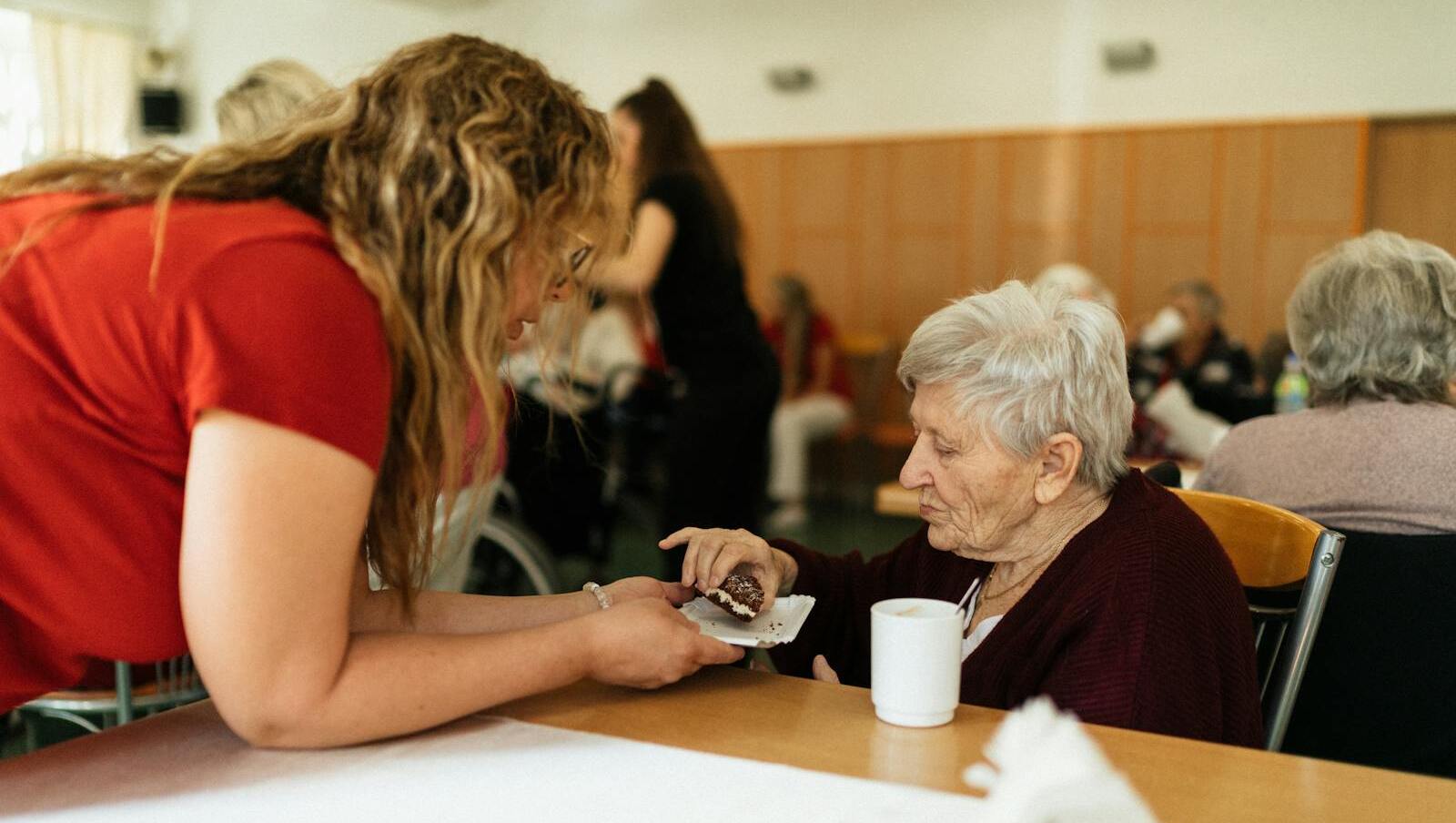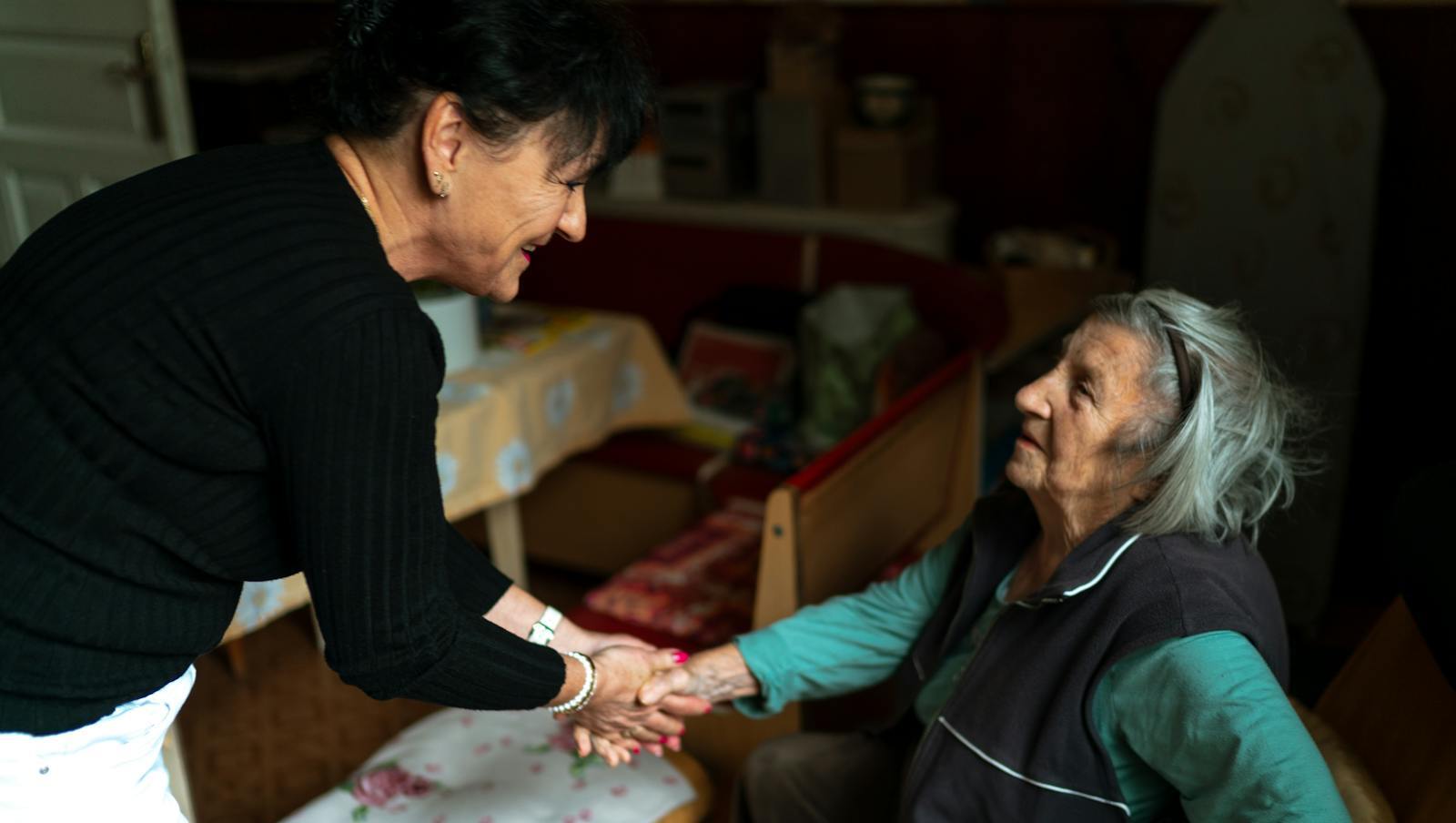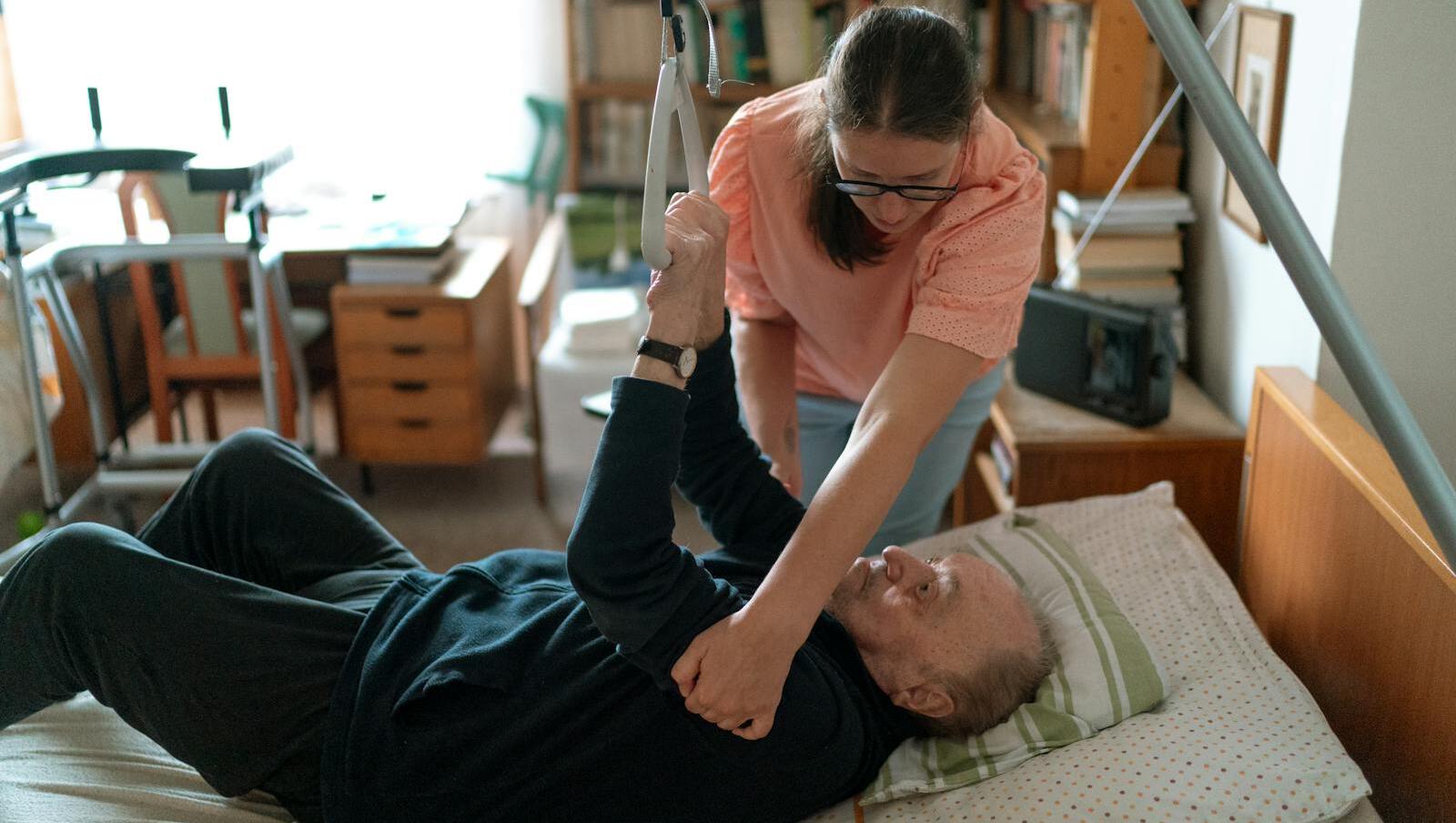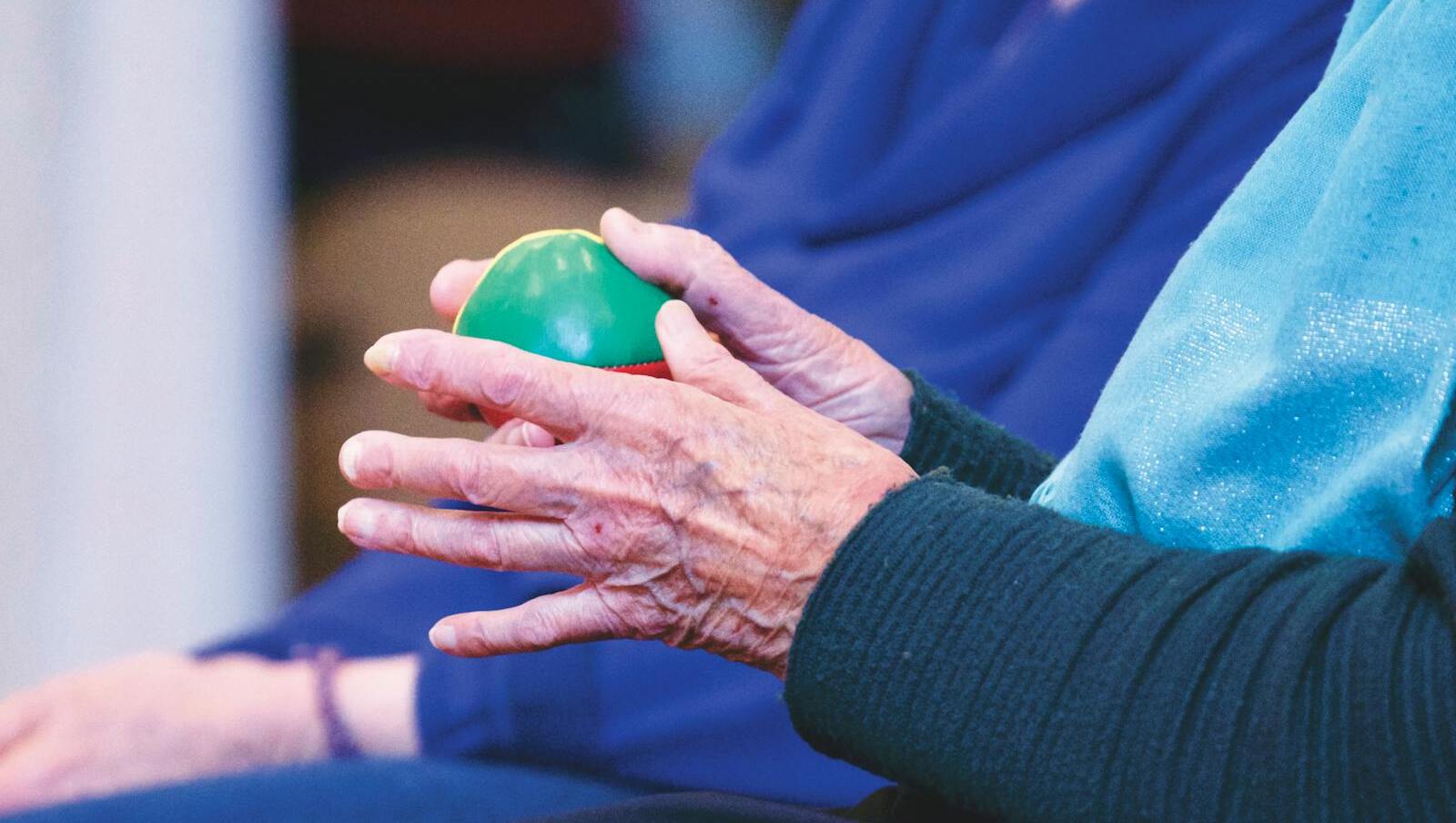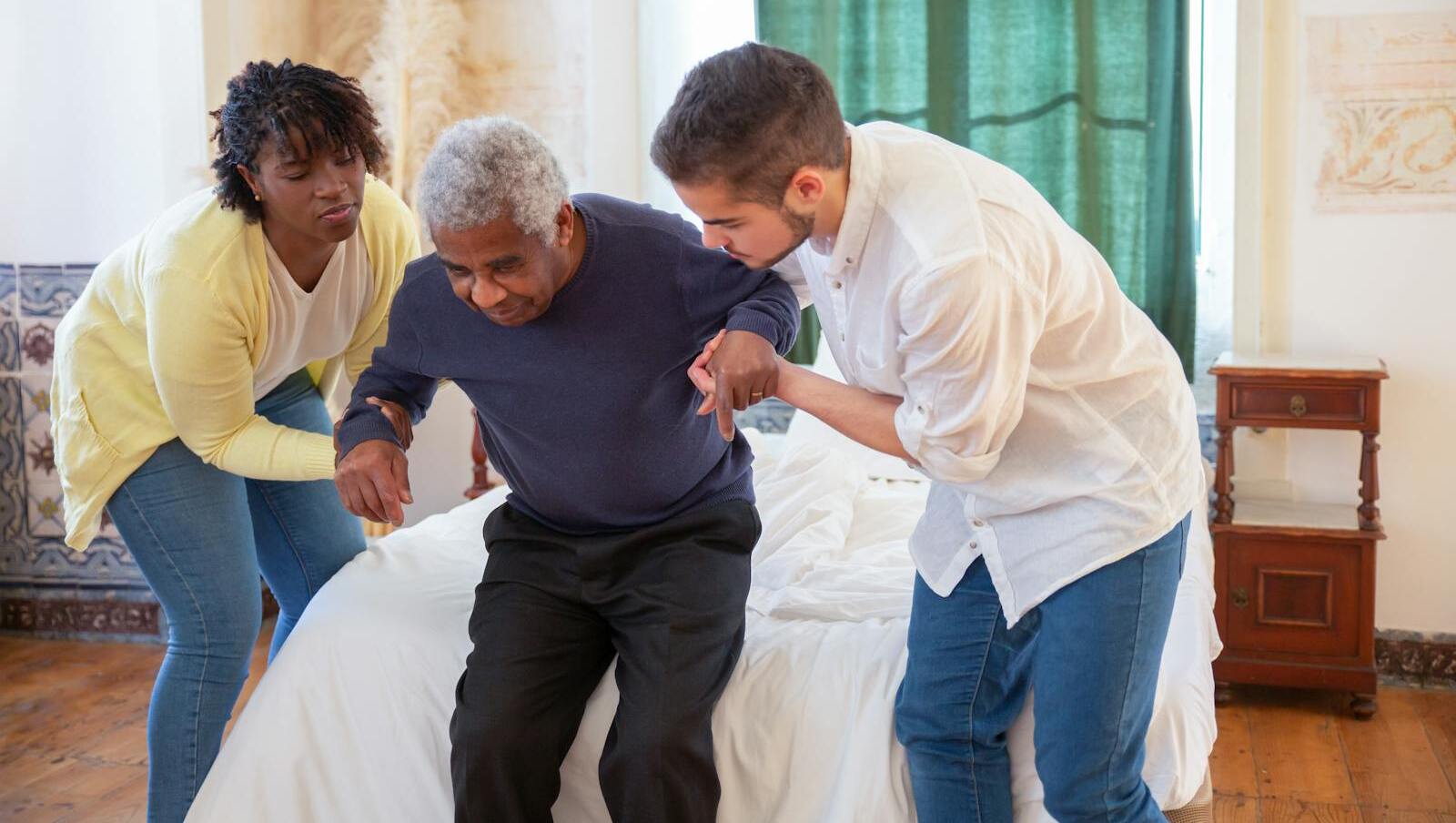Can I Move My Loved One to a Different Facility During a Nursing Home Abuse Lawsuit?
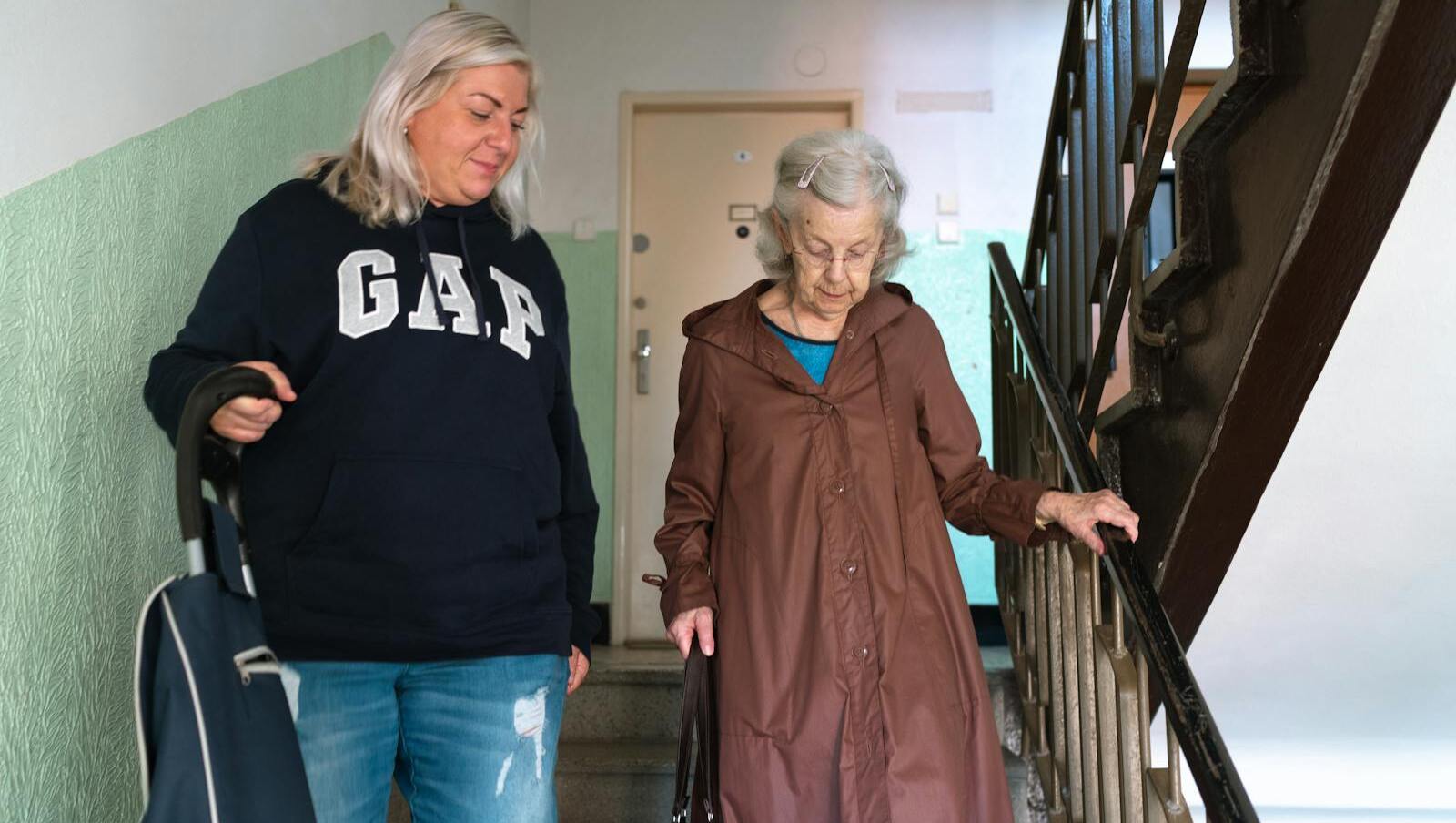
When you discover your loved one has suffered abuse or neglect in a nursing home, your first instinct is to protect them. Many families immediately wonder: “Can I move my loved one to a different facility while we pursue a nursing home abuse lawsuit?” This is one of the most common questions our nursing home abuse attorneys hear from concerned families.
The short answer is yes, you can move your loved one to a different nursing facility during an ongoing lawsuit. In fact, ensuring your family member’s safety should be your top priority. However, there are important considerations to keep in mind to protect both your loved one’s well-being and the strength of your legal case.
Your Loved One’s Safety Comes First
If your family member is in immediate danger, don’t hesitate to act. Signs that immediate relocation might be necessary include:
- Unexplained or recurring injuries
- Rapid health deterioration
- Visible signs of neglect (severe weight loss, dehydration, poor hygiene)
- Staff hostility or retaliation after you’ve raised concerns
- Unsafe living conditions
As experienced nursing home abuse attorneys, we always advise families that your loved one’s health and safety take precedence over any legal considerations. A lawsuit can proceed effectively even after your family member has been moved to a safer environment.
Will Moving Impact My Nursing Home Abuse Lawsuit?
Many families worry that relocating their loved one might negatively affect their lawsuit. While this is a valid concern, it rarely outweighs the benefits of ensuring your family member’s immediate safety.
Here’s how moving to a new facility might impact your case:
Potential Benefits to Your Case
- Prevents further harm: Moving your loved one stops ongoing abuse or neglect, preventing additional injuries that could complicate your case.
- Demonstrates severity: The fact that you felt relocation was necessary can underscore how serious the situation was.
- Provides contrast: A new facility that provides proper care can highlight the substandard care at the previous facility by showing improvements in your loved one’s condition.
- Creates documentation: The admission assessment at the new facility can document your loved one’s condition when leaving the negligent facility, creating valuable evidence.
Potential Challenges to Consider
- Claims of intervention: The defense might argue that any improvement in your loved one’s condition stems from your intervention by moving them, rather than from stopping negligent care.
- Access to records: Once your loved one leaves, obtaining additional records from the negligent facility might become more challenging.
- Staff testimony: Current staff at the negligent facility may be less willing to cooperate with your case once your loved one is no longer a resident.
Despite these potential challenges, our nursing home abuse attorneys can develop strategies to address them. With proper documentation and legal guidance, moving your loved one rarely harms a valid claim.
How to Move Your Loved One Without Harming Your Case
If you decide to transfer your loved one to a new facility during a nursing home abuse lawsuit, these steps can help protect both your loved one and your legal claim:
1. Document Everything Before the Move
Before relocating your family member, thoroughly document their condition:
- Take dated photographs of any visible injuries, unsanitary conditions, or other concerning issues
- Request complete copies of all medical records from the current facility
- Keep a detailed journal of any concerning incidents, including dates, times, and staff names
- If possible, have an independent healthcare provider examine and document your loved one’s condition
This documentation creates a clear record of your loved one’s condition at the time of transfer, which can be crucial evidence in your case.
2. Follow Proper Discharge Procedures
Even when leaving a negligent facility, it’s important to follow proper protocols:
- Review the admission agreement for discharge requirements
- Provide written notice of your intent to transfer (your attorney can help draft this)
- Request a formal discharge summary that details your loved one’s current condition, medications, and care needs
- Arrange for appropriate medical transportation if needed
Following these procedures prevents the facility from claiming you violated contractual obligations by removing your loved one.
3. Choose the New Facility Carefully
Take time to thoroughly research and visit potential new facilities:
- Check state inspection reports and Medicare ratings
- Look for any history of violations or complaints
- Visit in person, preferably at different times of day
- Speak with current residents and their families if possible
- Ensure the new facility can meet your loved one’s specific care needs
A carefully chosen new facility will not only provide better care but can also strengthen your case by documenting improved outcomes under proper care.
4. Notify Your Attorney Before Moving
If you’re already working with a nursing home abuse attorney, inform them of your plans to move your loved one. They can:
- Advise you on timing considerations
- Help you gather the most relevant evidence before the move
- Communicate with the facility about preserving evidence
- Send a formal preservation letter to prevent destruction of records
- Coordinate with the new facility regarding documentation
If you haven’t yet hired an attorney but are considering a lawsuit, consulting with one before moving your loved one can help you avoid potential pitfalls.
Special Circumstances That May Affect Your Decision
Certain situations may influence your decision about moving your loved one during a nursing home abuse lawsuit:
Medicare and Medicaid Considerations
If your loved one’s care is covered by Medicare or Medicaid, be aware that:
- There are specific rules regarding transfers between facilities
- Coverage may be affected depending on the reason for transfer
- Some specialized care settings may have different coverage requirements
Your attorney can help you navigate these complex regulations to ensure continued coverage.
Guardianship Issues
If you’re not your loved one’s legal guardian:
- You may need court approval to move them
- The current guardian’s consent might be required
- In emergency situations, temporary guardianship might be granted
If guardianship is an issue, your nursing home abuse attorney can help you take appropriate legal steps to protect your loved one.
End-of-Life Care Concerns
For loved ones receiving hospice or end-of-life care:
- Consider whether transfer might cause unnecessary distress
- Ensure the new facility can provide appropriate palliative care
- Discuss with medical providers whether transfer is medically advisable
In these sensitive situations, the decision requires careful balancing of safety concerns against comfort considerations.
How Our Nursing Home Abuse Attorneys Can Help
At The Higgins Firm, our experienced nursing home abuse attorneys understand the difficult decisions families face when a loved one has suffered abuse or neglect. We provide compassionate guidance while helping you:
- Evaluate whether moving your loved one is in their best interest
- Gather and preserve essential evidence before any move
- Communicate effectively with both the current and new facilities
- Ensure proper documentation of your loved one’s condition
- Navigate Medicare, Medicaid, and insurance considerations
- Continue building a strong case regardless of where your loved one resides
Our goal is to protect your loved one’s safety while maximizing their chances of receiving fair compensation for the harm they’ve suffered.
You Don’t Have to Choose Between Safety and Justice
If your loved one has experienced nursing home abuse or neglect, you don’t have to choose between their immediate safety and pursuing justice. With proper legal guidance, you can relocate them to a safer environment while still building a strong case against the negligent facility.
Our nursing home abuse attorneys serve clients nationwide, with particular experience in Tennessee and surrounding states. We offer free consultations to discuss your specific situation and help you determine the best course of action for your loved one.
Contact us today to speak with an experienced nursing home abuse attorney about your loved one’s situation and learn how we can help.

